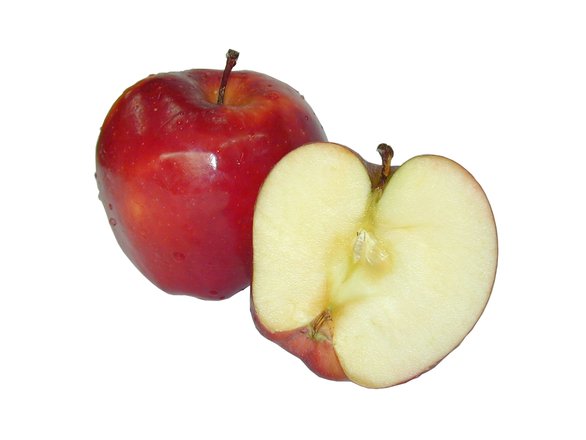Kidney Health Diet Guide

Maintaining kidney health is of paramount importance, as these vital organs play a crucial role in filtering waste and toxins from our bodies. A well-balanced diet, rich in nutrient-dense foods, can significantly contribute to the optimal functioning of the kidneys. In this article, we explore the impact of a healthy diet on kidney health and recommend key foods to include in your daily meals.
The Role of Diet in Kidney Health
The kidneys, responsible for filtering and excreting waste products, rely heavily on the nutrients we consume. A diet high in saturated fats, refined sugars, and excess sodium can put undue stress on the kidneys, potentially leading to various kidney-related issues. On the other hand, a diet rich in essential nutrients can help reduce the risk of kidney disease and support overall kidney function.
Stay Hydrated
Adequate hydration is crucial for kidney health. Water helps flush out toxins and waste products, preventing the formation of kidney stones and urinary tract infections. Aim to drink at least 8 cups (64 ounces) of water per day, or adjust your intake based on your individual needs and activity level.
Embrace a Plant-Centric Diet
Plant-based foods are generally low in sodium and unhealthy fats, making them an excellent choice for kidney health. Incorporate a wide variety of fruits and vegetables into your diet, as they provide essential vitamins, minerals, and antioxidants that support kidney function. Berries, bell peppers, cauliflower, and cabbage are particularly beneficial due to their high nutritional content.
Opt for Low-Potassium Foods
Individuals with kidney issues often need to manage their potassium intake. Foods rich in potassium, such as bananas, potatoes, and oranges, should be consumed in moderation. Instead, choose lower-potassium alternatives like apples, berries, green beans, and cucumbers.
Healthy Protein Sources
Protein is an essential component of any diet, but for those with kidney concerns, it's crucial to choose protein sources wisely. Lean meats, fish, poultry, and plant-based proteins like lentils and quinoa are excellent options. These protein sources provide essential amino acids without overburdening the kidneys.
Limit Sodium Intake
Excess sodium can elevate blood pressure and put strain on the kidneys. Minimize your sodium intake by avoiding processed foods, canned goods, and fast food. Instead, flavor your dishes with herbs, spices, and other low-sodium seasonings.
Manage Phosphorus Intake
In individuals with advanced kidney disease, high phosphorus levels can lead to bone and heart problems. To manage phosphorus intake, limit consumption of dairy products, nuts, and carbonated beverages. Choose almond or rice milk, as they are lower in phosphorus compared to cow's milk.
Control Blood Sugar and Blood Pressure
Diabetes and high blood pressure are two leading causes of kidney disease. Managing blood sugar levels through a balanced diet and regular exercise can help reduce the risk of kidney damage. Additionally, maintaining healthy blood pressure levels is essential, as it prevents damage to the blood vessels in the kidneys.
Conclusion
Taking care of our kidneys through a nutritious diet is a proactive step towards overall health and well-being. By prioritizing hydration, embracing a plant-centric diet, and making thoughtful choices about potassium, protein, sodium, and phosphorus intake, we can support kidney health and reduce the risk of kidney-related complications. Always consult with a healthcare professional or a registered dietitian to create a personalized diet plan that addresses specific kidney health needs. Remember, a healthy lifestyle and diet are fundamental pillars of preventing kidney disease and maintaining optimal kidney function throughout life.